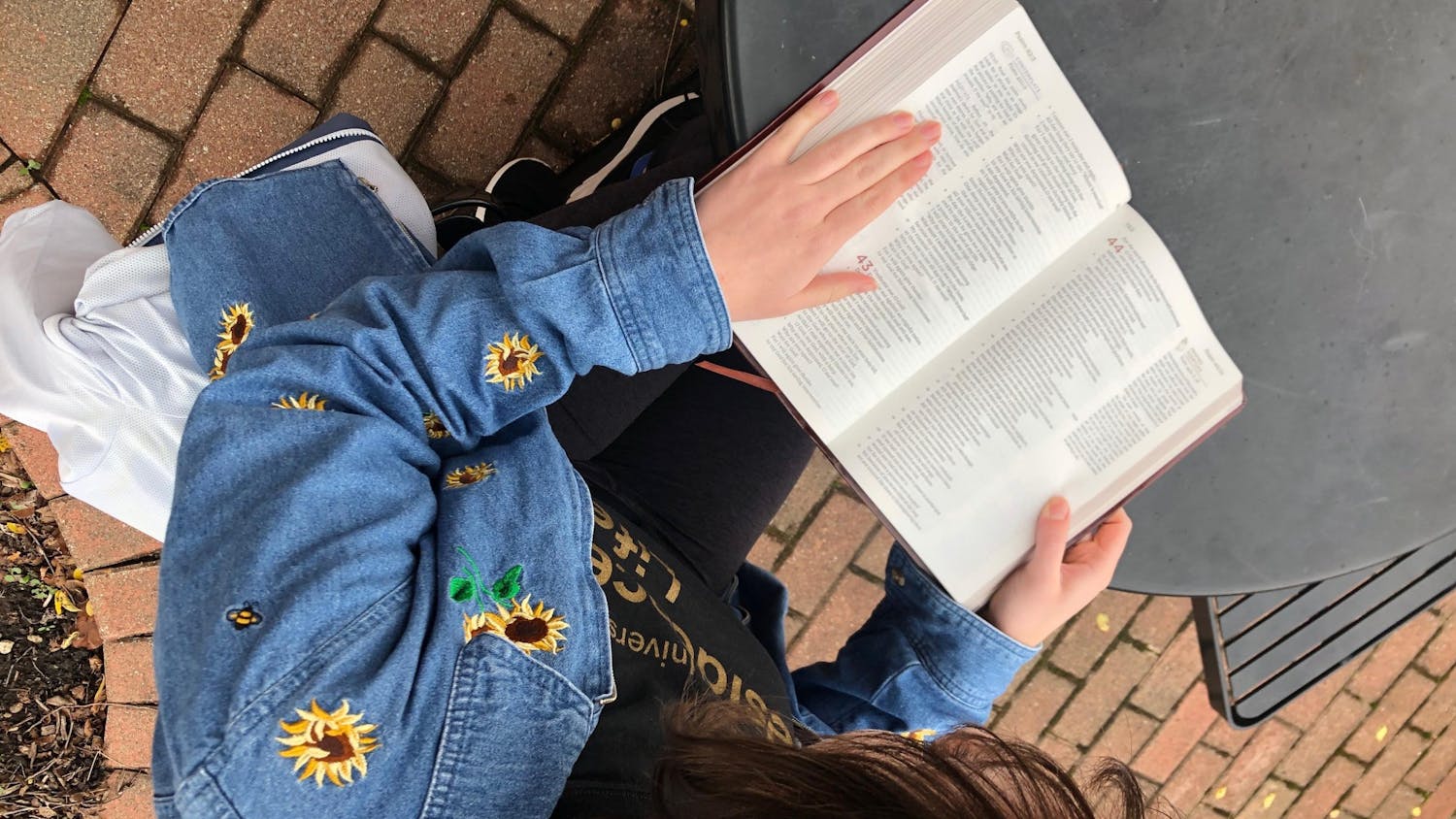Oprah Winfrey used to write a column entitled “Things I know for sure.” She admitted in an interview that this title was intimidating in and of itself because there are so few things we know to be unequivocally true.
I often run into this same stumbling block when writing this column. What do I know for certain? I have spent most of my life studying the Bible in earnest. But even after careful study, I am often wrong — we all are.
Context complicates even the most straightforward passage of the Bible. Much of it is written as stories or poetry that follow certain genre conventions and bend to the understanding of an audience long dead.
The Bible also leaves room for ambiguity about many things. Even when it was written, many people did not understand what was being said.
The result is that when I read a passage, I often find myself dumbstruck like the disciples after Jesus spoke in parables.
Everyone wishes that spirituality was simple. Unfortunately, the Bible is not a textbook.
Some people would disagree with that statement. But if Christianity were simple, there would not have been so many councils nor so many deaths over its interpretation.
People wear their stubbornness like a badge of honor, dying on hills over a difference in readings.
The reality is, we all confuse God’s omnipotence for our own and the inerrancy of scripture with the inerrancy of our interpretations of scripture.
Here I echo Thomas Cromwell when he said, “I beseech you, in the bowels of Christ, think it possible you may be mistaken.”
We are finite, and so is our understanding; being wrong is part and parcel of our limitations.
This is not a bad thing. In fact, this mindset is freeing.
We do not have to have all the answers. We do not have to have to be right about everything. There is space for ambiguity in our thoughts to mirror the ambiguity of the text on which we base them.
I cannot wait for the day when I get to heaven and find out all the things I am wrong about. I cannot wait for the day when I no longer have to wait for Jesus to explain the parable’s meaning.
One of the most dangerous things about letting pride tell us we are right is that we close ourselves off from learning. We must, as many Taylor professors prompt us to, become lifelong learners.
Whenever I think of pride, I think of the story about King David when he took a census of all the fighting men of Israel after a victory over the Philistines (2 Samuel 24:1-17, 1 Chronicles 21). His pride in this situation led to the deaths of 70,000 Israelites.
David was an old man at this point and received counsel from his general that this was a sin, but he hardened his heart against wisdom and it cost many people their lives.
We are always meant to be learning because in the grand scheme of things, whatever time we have on earth and whatever wisdom we gain here cannot be compared to the wisdom of God.
Winfrey’s posture actually signifies great wisdom. After all, it takes intelligence to know things; but it takes humility to learn.





